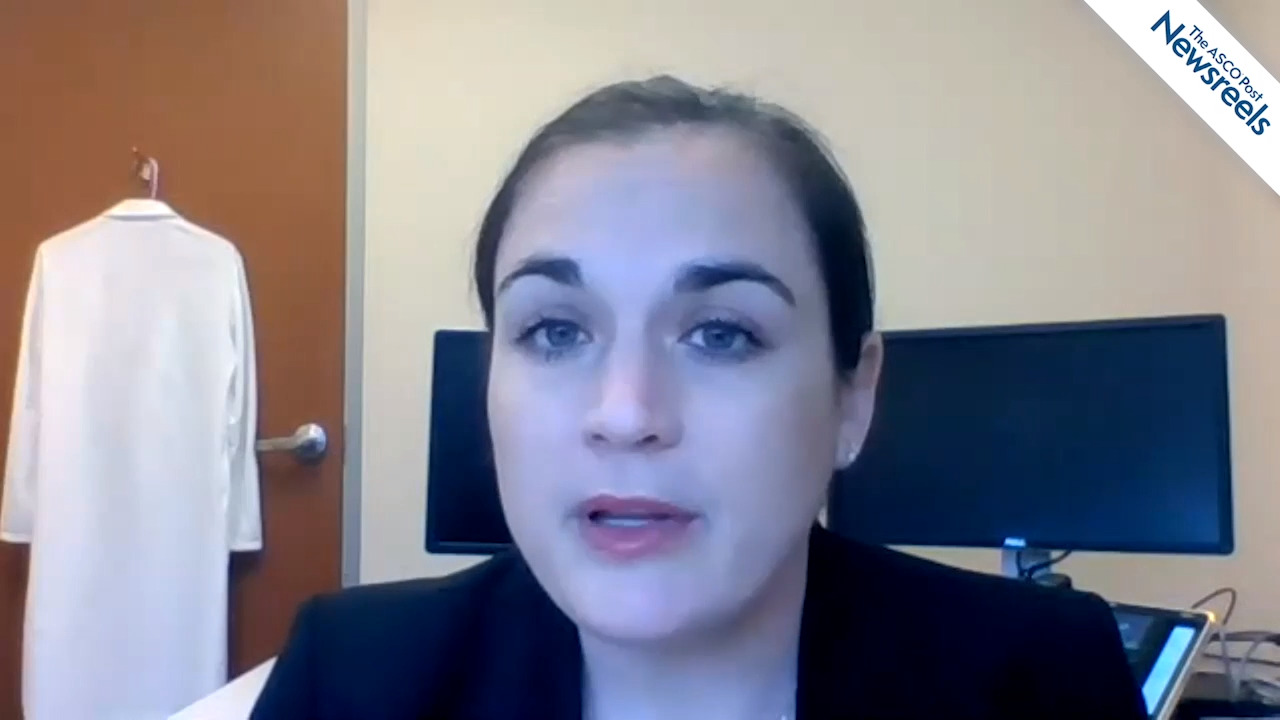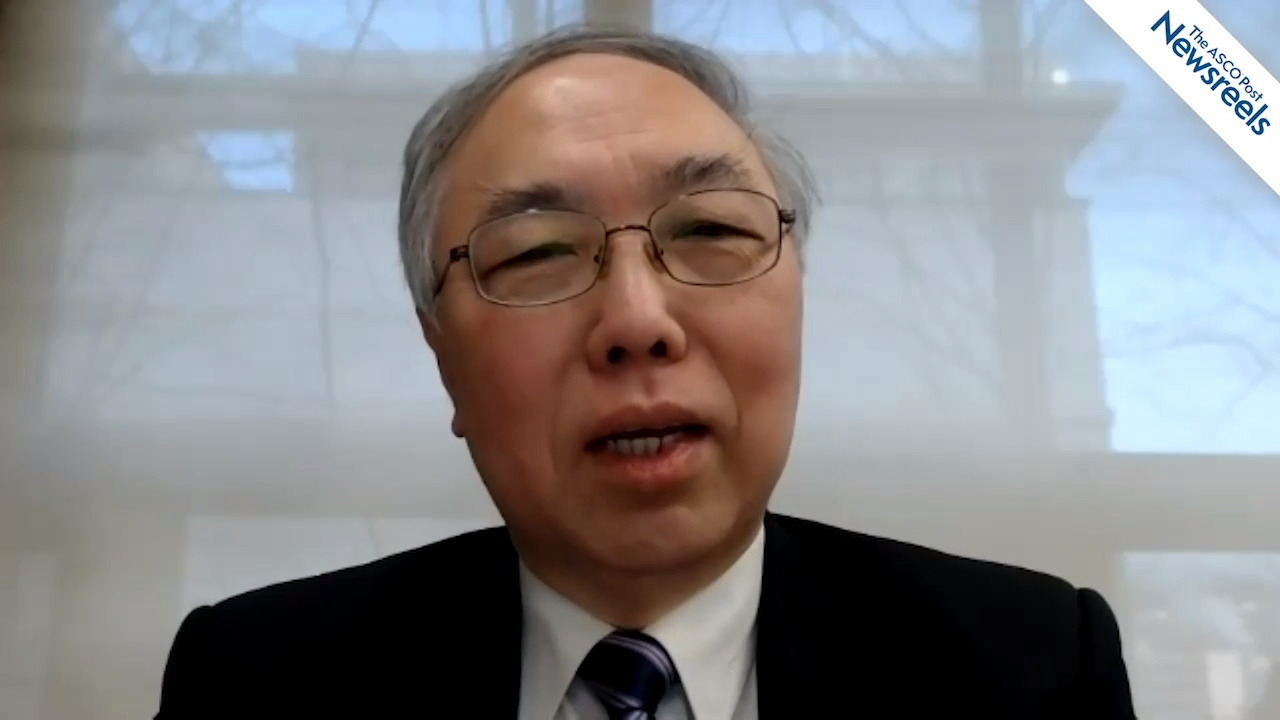Andreas Obermair, MD, on Treating Endometrial Adenocarcinoma With a Levonorgestrel Intrauterine Device
SGO 2021 Virtual Annual Meeting on Womens Cancer
Andreas Obermair, MD, of the University of Queensland and Queensland Centre for Gynaecological Cancer Research, discusses data on a hormonal IUD used to treat women with the precursor lesion endometrial hyperplasia with atypia (EHA) and those with stage I endometrial adenocarcinoma (EAC). At 6 months, the data showed a complete pathologic response in 82% of patients with EHA and in 43% of those with EAC (ID# 10244).
The ASCO Post Staff
Supriya Chopra, MD, of Tata Memorial Centre, discusses a final analysis of the phase III PARCER trial, which showed that image-guided intensity-modulated radiotherapy is superior to conventional radiotherapy in reducing bowel toxicity in women with cervical cancer. Acute diarrhea was also reduced, with no difference in disease-related outcomes (ID# 10224).
The ASCO Post Staff
Emily Hinchcliff, MD, MPH, of The University of Texas MD Anderson Cancer Center, discusses phase II results of durvalumab (anti–PD-L1) and tremelimumab (anti–CTLA-4) administered in combination vs sequentially for the treatment of recurrent platinum-resistant non–clear cell ovarian cancer (ID #10240).
The ASCO Post Staff
Lauren Thomaier, MD, of the University of Minnesota, discusses the genetic variants found to be associated with an increase in chemotherapy-induced neuropathy symptoms in a cohort of gynecologic cancer survivors. Combining these variants with clinical characteristics may provide an important treatment tool (ID# 10253).
The ASCO Post Staff
Brittany A. Davidson, MD, of Duke University, discusses the development and validation of the GO-POP model (Gynecologic Oncology Predictor of Postoperative opioid use), an individualized patient-centered predictive tool designed to help avoid overprescribing pain medications (ID# 10253).
The ASCO Post Staff
Hyun C. Chung, MD, of Yonsei Cancer Center and Yonsei University College of Medicine, discusses phase II findings from the KEYNOTE-158 study, which support the use of pembrolizumab for patients with recurrent or metastatic cervical cancer that has progressed on or after chemotherapy and whose tumors express PD-L1.





